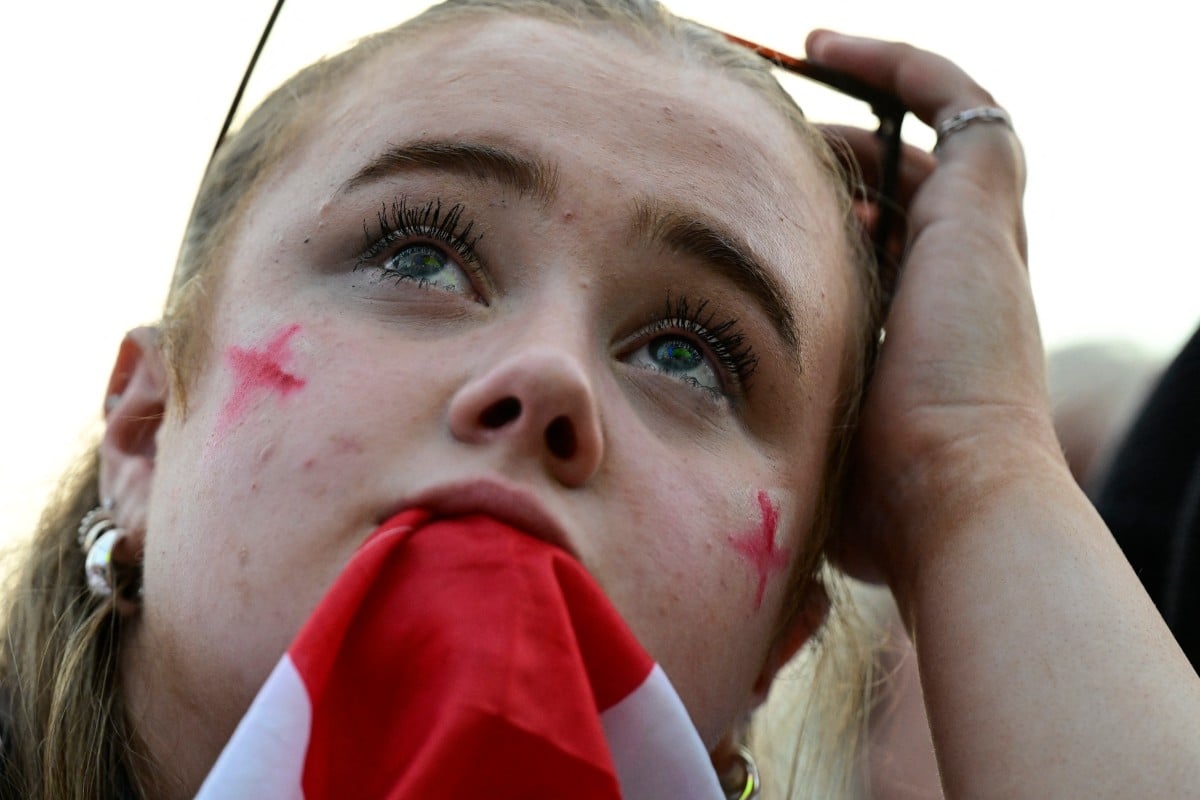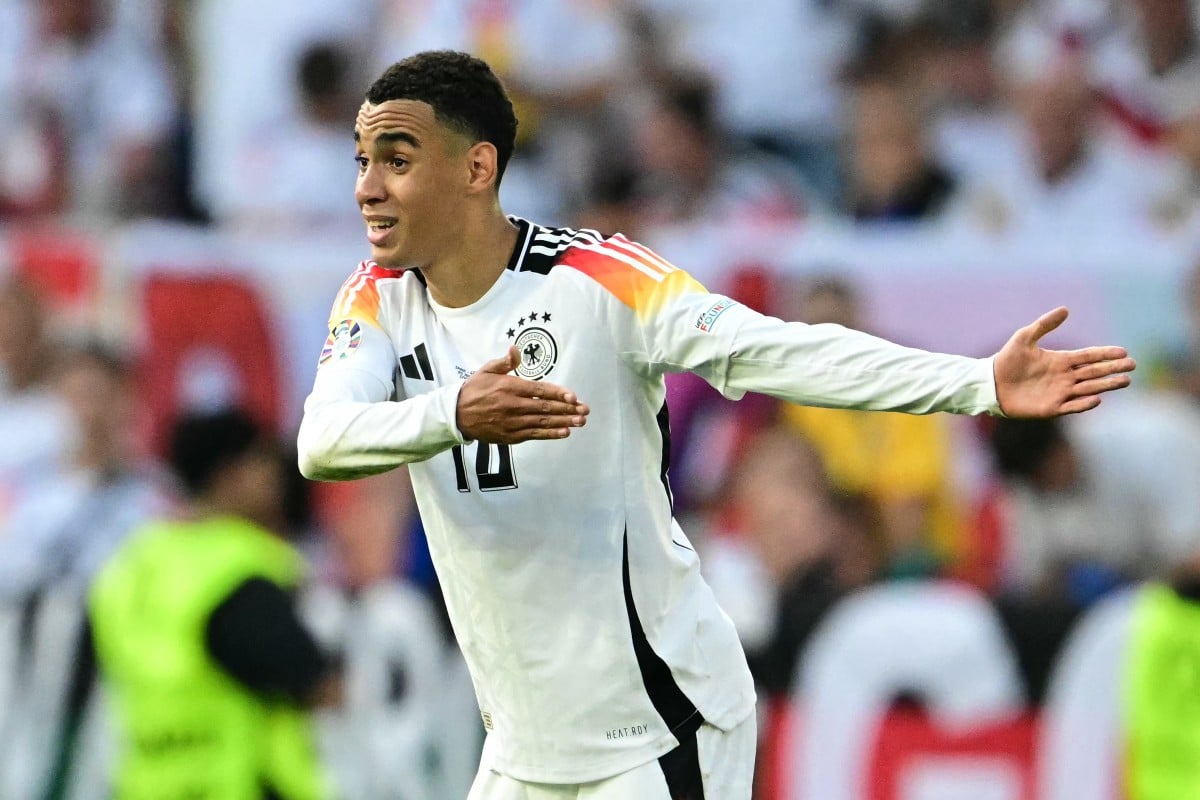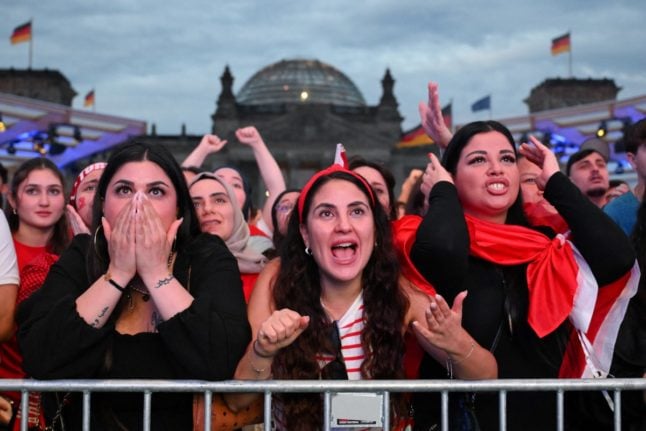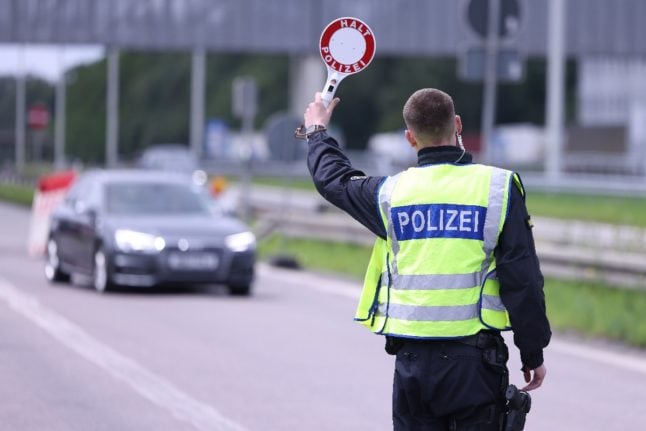High: Great atmosphere in German cities
After the Covid-delayed Euro 2020 was spread around the continent, denying it a coherent sense of soul, this summer has seen hordes of fans descend on Germany looking to make up for lost time.
Many who chose not to head to Qatar for the 2022 World Cup were waiting with baited breath for the tournament to begin.
With cheap beer fuelling particularly vibrant atmospheres, the fans have been one of the highlights of the tournament.
Whether it be Turkey supporters tooting car horns into the night after their wins, the Dutch turning host cities into a ‘sea of Oranje’ or Scots making friends wherever they went, they proved time and time again fans make football.
The Dutch fans are always superb at tournaments. pic.twitter.com/wGQkMFQLAf
— Joe Crann (@YesWeCrann) June 16, 2024
Meanwhile, tourism in Germany has seen a major boost. On Friday, Munich mayor Dieter Reiter said the event had brought in an estimated €150 million to the local economy.
READ ALSO: ‘Please never leave’: How Scottish fans won the hearts of Germans at Euro 2024
Low: Transport problems and bad weather
Despite the fantastic atmosphere, there were – perhaps unsurprisingly – some problems with logistics and getting around.
With around 2.6 million spectators jetting in from all over the world to attend the 50 matches in 10 German cities, transport hit capacity at times.
In particular, the western city of Gelsenkirchen was a hotspot for travel chaos following some matches. The issue was initially reported after the England vs Serbia match, when crowds of fans were left waiting for trains for hours after the game ended.
It resulted in many people from abroad questioning Germany’s reputation as super efficient (something residents are well aware of when it comes to the rail system).
READ ALSO: ‘Welcome to Germany’ – Euro 2024 travel chaos raises questions about German efficiency
This really isn’t great. Gelsenkirchen main station packed with fans still trying to get away but trains either not turning up or delayed. Game finished almost 3 hours ago. pic.twitter.com/7BgYQs4zPr
— James Olley (@JamesOlley) June 16, 2024
But to be fair to Deutsche Bahn, staff have been working hard. In total, the operator transported around 12 million people from city to city and from match to match during the four weeks of the tournament.
“Never before have there been so many trains at an international football tournament,” said DB in a statement on the tournament.
Meanwhile, it’s been a summer of storms and torrential rain. The weather has led to temporary closures of fan zones, interruptions to games and further impacted the transport system.
High: Thriving minnows
Now getting on to what happened on the pitch. Debutants Georgia were the biggest success story at a tournament where lots of the smaller teams enjoyed great moments.
While many are critical of the Euros’ expansion from 16 teams to 24, some of the smaller nations showed why that can also be a positive.
Georgia made history by earning their first ever Euros win with a shock 2-0 triumph over Portugal to reach the knock-out rounds and even took the lead against finalists Spain in the last 16.
Slovakia had England on the ropes in that round with the Three Lions only rescued in the dying embers by Jude Bellingham’s stunning overhead kick, while Portugal only just scraped past Slovenia.
Matjaz Kek’s side reached the knock-out rounds of a major tournament for the first time in their history.
Low: Teams play it safe
While Spain shone on their run to the final, too many of the strongest teams have failed to entertain.
France were eliminated in the semi-finals while scoring just one goal from open play themselves, operating a safety-first approach.
Gareth Southgate’s England did the same on their run to final, producing just five shots on target over 240 minutes against Slovakia and Switzerland in the last 16 and quarter-final respectively, won in extra time and on penalties.

Portugal, led astray by misfiring veteran striker Cristiano Ronaldo, needed penalties to edge past Slovenia after a 0-0 draw in the last 16 and then were knocked out in another shoot-out following a goalless tie with France.
The tournament’s biggest star on paper, Les Bleus’ Kylian Mbappe, netted just once and from the penalty spot, while England’s Harry Kane has been a shadow of himself.
READ ALSO: Can Germany’s hosting of Euro 2024 be judged a success so far?
High: Next-generation arrives
While the established star names fell flat to some extent in Germany, young players have excelled.
Spain’s Lamine Yamal became the youngest goalscorer in the competition’s history at 16 years old with his stunning strike against France, while on the opposite flank Nico Williams, who has just turned 22, also devastated opponents.
Germany’s trophy bid was powered by Bayern Munich’s Jamal Musiala, 21, and Arda Guler, 19, drove Turkey into the quarter-finals for the first time since 2008.
Manchester United’s Kobbie Mainoo, 19, has also established himself as a vital part of England’s midfield.

Low: Political tension
Amid a political climate marked by key elections across Europe, there has been the occasional flashpoint.
Turkey defender Merih Demiral was banned for making a gesture associated with Turkish right-wing extremist group Grey Wolves.
Demiral said his wolf salute had no hidden message and was a show of Turkish pride but it sparked a diplomatic incident between his country and hosts Germany, whose politicians were critical of it.
In the group phase, meanwhile, offensive chants aimed at Serbians by Albania and Croatia fans caused both teams to be fined by UEFA.
With reporting by Rik Sharma and Rachel Loxton



 Please whitelist us to continue reading.
Please whitelist us to continue reading.
Member comments